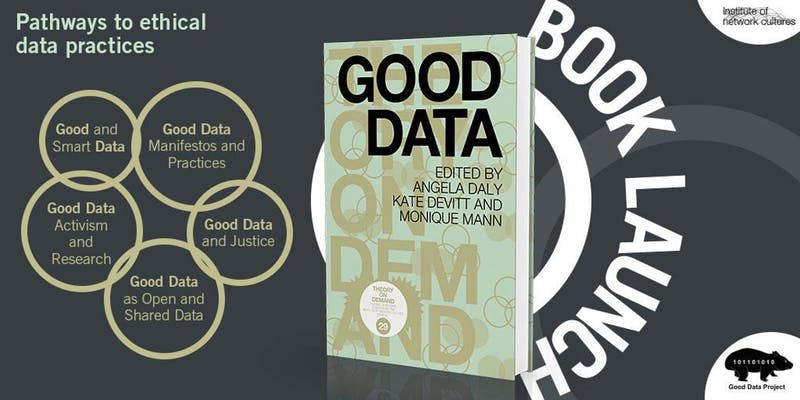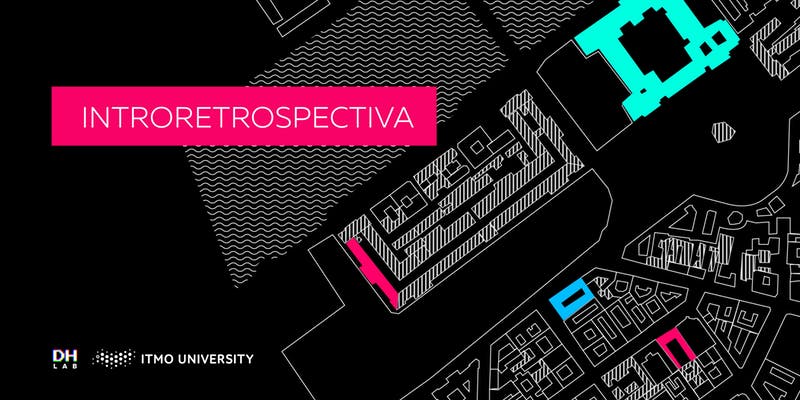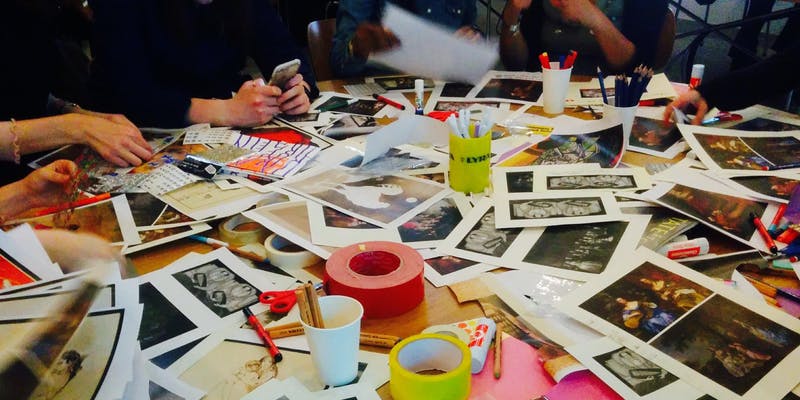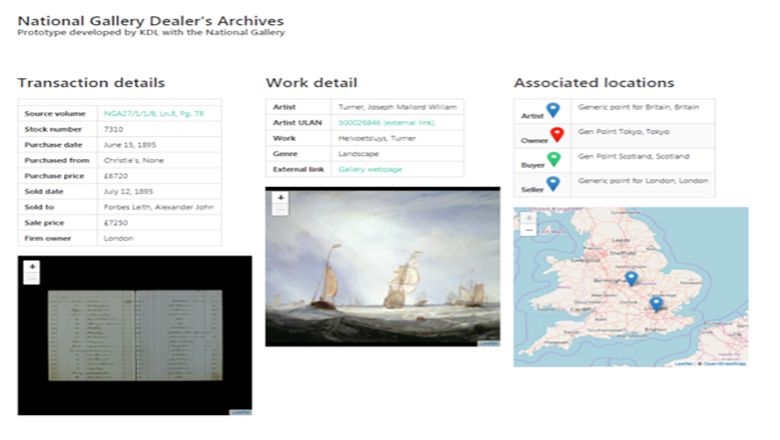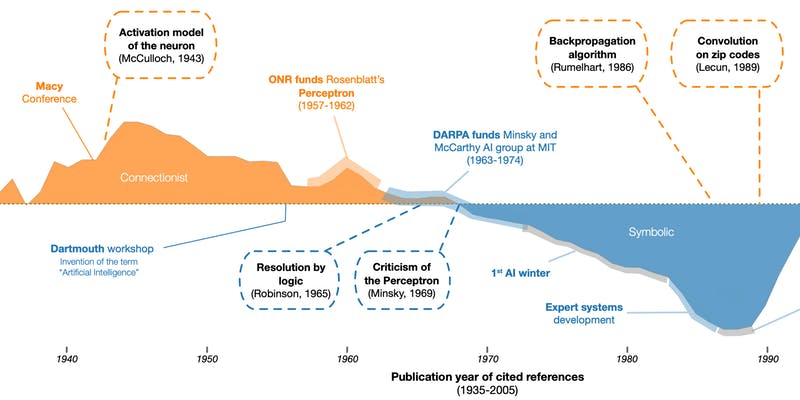[three_fourths]
A panel discussion with Mercedes Bunz, Nick Srnicek, and Leif Weatherby in collaboration with the Digital Theory Lab, New York University (NYU).
Artificial Intelligence systems are being applied to many areas of human life. While AI is heavily debated – hyped as our future saviour, pilloried for their biases – the political economy of AI is rarely discussed. Together with the Digital Theory Lab (NYU), the Department of Digital Humanities (KCL) warmly invites all interested guests to this panel discussion, which will be framed by short position papers. We are also proud to announce that Professor McCarty (Emeritus Professor of Humanities Computing, KCL) will be a guest of honour at the reception following the event. Please join us.
In the Clouds – Nick Srnicek (Digital Humanities, KCL)
We live in an age dominated by tech giants. Yet for all the attention paid to them, discussions of artificial intelligence have focused on ethical issues around bias and political issues around surveillance. The properly political economic questions have been left aside, or reduced to a simple ‘robots taking our jobs’ narrative. This talk will aim to uncover the political economy of artificial intelligence, with a particular focus on how the technological conditions of AI either facilitate or delineate possibilities for the greater concentration of capital and power.
Data as Capital – Leif Weatherby (German, NYU and KCL’s Willard McCarty Fellow)
A recent report from MIT announces the arrival of a new metaphysical player in the game of business: data capital. This form of wealth represents a shift in the relationship between capital and society. Data capital has now driven the market capitalization of the largest platform companies above the “unicorn” value of 1 trillion USD, creating something like intelligent monopolies. But capital as data has to be interpreted to be useful, an operation most often carried out by algorithms called “neural nets.” The data is exascale, beyond any human imagination – yet parsed, categorized, interpreted. I propose to call this activity at the heart of modern enterprise “artificial semiotics” in order to analyse how data has altered the structure of capital in the present.
On Distributed Intelligence – Mercedes Bunz (Digital Humanities, KCL)
Recent advances of AI have resulted in a fundamental shift in programming. However, the conditions of algorithmic production as well as the interfaces to use those programs and new capabilities have largely stayed the same. AI applications are currently mostly black box systems in which systems trained on data are making decisions for users and not with users. By analysing examples of image recognition regarding medical images, this talk will show that this constellation is dangerous and difficult. Automated decision-making in the medical sector transfers medical knowledge and agency from our medical institutions to technology companies without the necessary checks and balances. At the same time, machine learning has great potential to assist with medical decision making. In her talk, Mercedes will discuss two aspects of machine learning –data sets and interfaces – as entry points that could be used to make machine intelligence more accessible, collaborative, and distributed – against monopolies of intelligence.
Biographies
Mercedes Bunz is Senior Lecturer in Digital Society at the Department of Digital Humanities, King’s College London. Her research explores how digital technology transforms knowledge and with it power; a question she explores currently specifically regarding medical knowledge with a Wellcome Trust Seed grant. Recent publications: The Internet of Things (Polity 2017) co-published with Professor Graham Meikle, and the small Open Access publication Communication with Finn Brunton (University of Minnesota Press 2019), on how contemporary communication puts us humans not only in conversation with one another but also with our machinery.
Nick Srnicek is Lecturer in Digital Economy at King’s College London. He is the author of Platform Capitalism (Polity, 2016) and Inventing the Future (Verso, 2015 with Alex Williams). With Helen Hester, he is currently writing After Work (Verso, 2020).
Leif Weatherby is Associate Professor of German at NYU, co-founder of the Digital Theory Lab, and Willard McCarty fellow of the Department of Digital Humanities at King’s College London. His research focuses on philosophies of technology – especially the digital – Romanticism and Idealism, and political economy. His book, Transplanting the Metaphysical Organ: German Romanticism between Leibniz and Marx, tracks an early techno-philosophy in the doctrine he calls “Romantic organology.” His ongoing work on the relationship between cybernetics and German Idealism has been supported by the National Endowment for the Humanities and the Alexander von Humboldt association. His writing has appeared in venues like SubStance, Grey Room, and the Los Angeles Review of Books.
[Image: Tatiana Plakhova]
[/three_fourths]
[one_fourth_last]
Date and time
Thu, 29 May 2019
16:30 – 18:00 BST
Location
King’s College London
Strand – Bush House South Wing
Room: BH(S)4.04
London WC2R 1ES
[button open_new_tab=”true” color=”accent-color” hover_text_color_override=”#fff” size=”medium” url=”https://www.eventbrite.co.uk/e/monopolies-of-intelligence-questioning-the-political-economy-of-ai-tickets-60069347034″ text=”Register” color_override=””] [/one_fourth_last]




